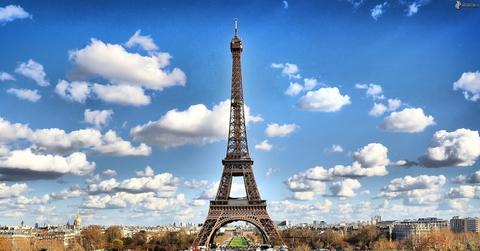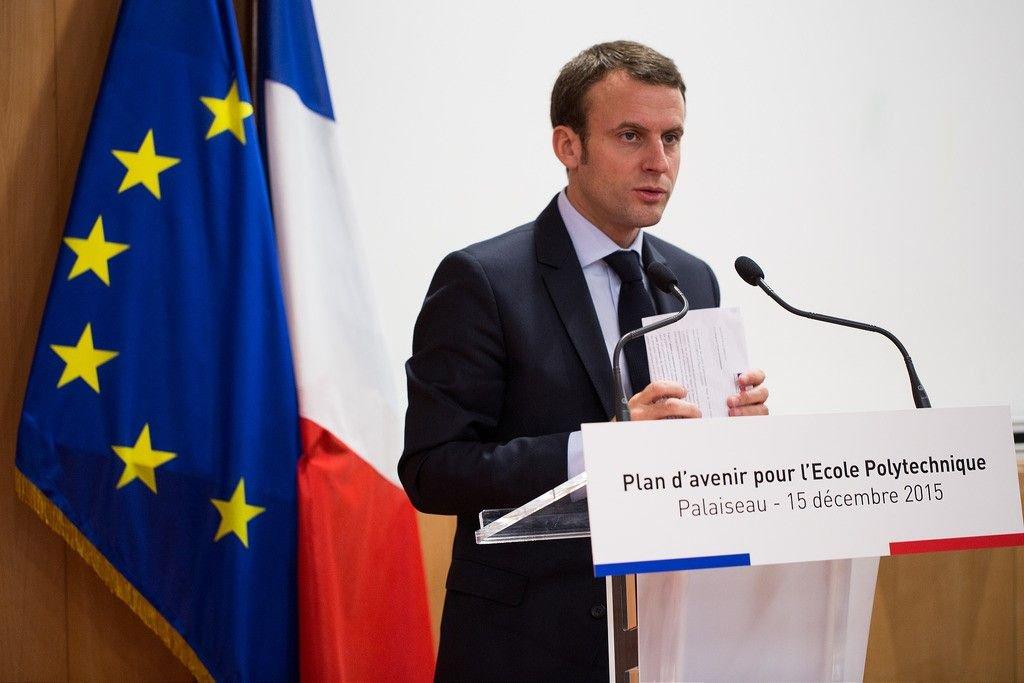France Moves To Ban All Oil And Gas Production By 2040
A few months after France set goals to end sales of traditional vehicles by 2040, the government has presented a bill that will ban oil and gas production by the same target year. It continues the aggressive renewable push by the European country.
Updated Nov. 19 2020, 9:40 p.m. ET
France is looking to become the first country in the world to ban oil and gas production by 2040. After having talks about it during the summer, President Emmanuel Macron and the government has presented legislation and hope to get it passed by the end of the year. The goal is to remove fossil fuels entirely by 2050, and this bill will significantly help that process.
If the bill passes by next year, it would become impossible to issue exploration permits for oil. Back in January 2016, they used the Energy Transition Act to reject requests for conventional hydrocarbons. All current permits would shrink over the next 22 years and would completely be removed by 2040.
These moves are certainly aggressive, but France has been pushing toward cleaner energy for awhile. They were the first country to ban fracking six years ago, which is is the process of drilling into the earth’s crust and recovering gas and oil from shale rock. The disadvantages of fracking include using transporting large amounts of water to the site and chemicals can be released into the atmosphere during the process.
France produces just six million barrels of hydrocarbons annually and that only registers as one percent of total consumption in the country. This is in comparison to some countries that produce that amount or more each day for consumption and exporting purposes. The country will plan to end sales of internal combustion engine vehicles by 2040, and it also wants to end electricity generated from coal by 2022 and curb nuclear energy usage to 50 percent by 2025.
Two months ago, environmental minister Nicolas Hulot announced these goals of limiting vehicle sales and coal-fired production at a press conference. Paris mayor Anne Hidalgo wants to push these milestones ahead and wants to eliminate diesel cars altogether by 2020 in the major city.
It’s unknown how all of this will affect Total, one of the biggest oil companies in the world. They’ll continue to pursue oil and gas manufacturing and can continue to explore for oil outside of France. They’ve made no comment since the introduction of the bill. At the moment, most of France’s hydrocarbon production exists in the Paris and Aquitaine Basins under Vermilion Energy.
Just this week, it was announced that Total will be acquiring A.P Moller-Maersk’s oil and gas division from Denmark. The Scandinavian country is also looking to completely get out of the manufacturing business, but will let Total drill in the North Sea while giving them a cut to improve the renewable energy infrastructure. The $7.45 billion deal is set to close next year.
There’s still a need for fossil fuels today, but more countries are putting steps in place to completely phase out of it in around 30 years. If France passes legislation, they’ll continue to be one of the initial world leaders making the switch to renewable energy.

